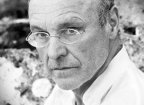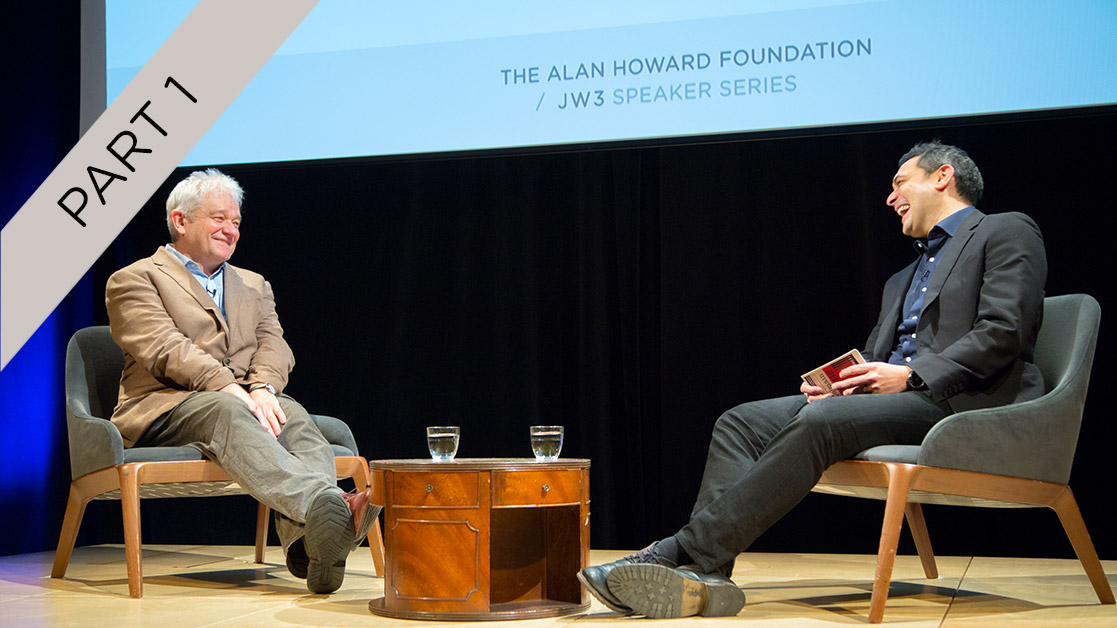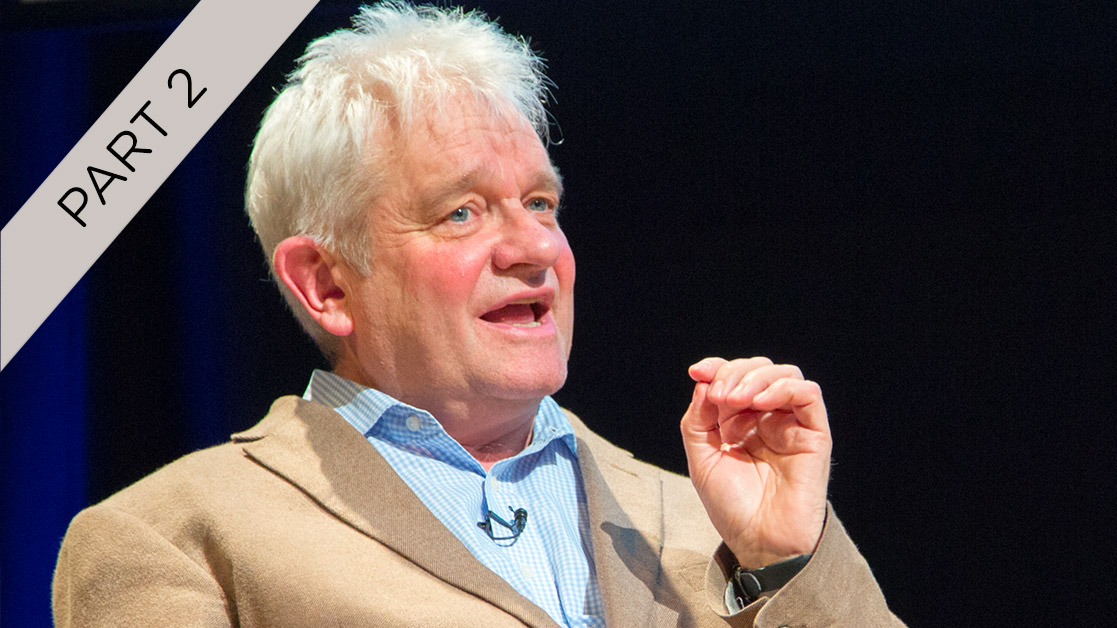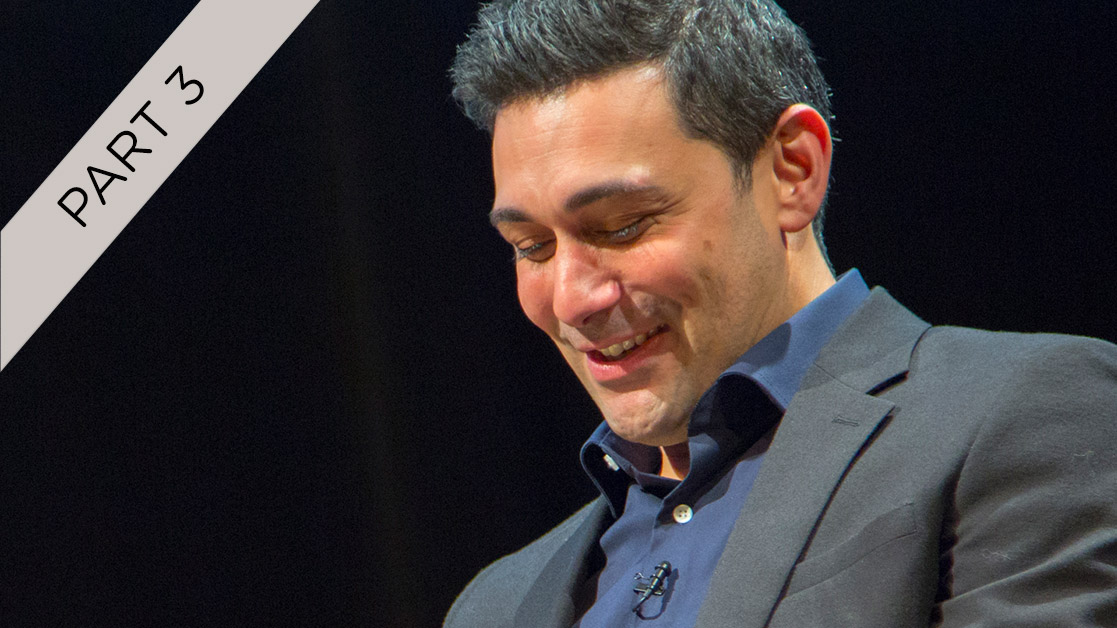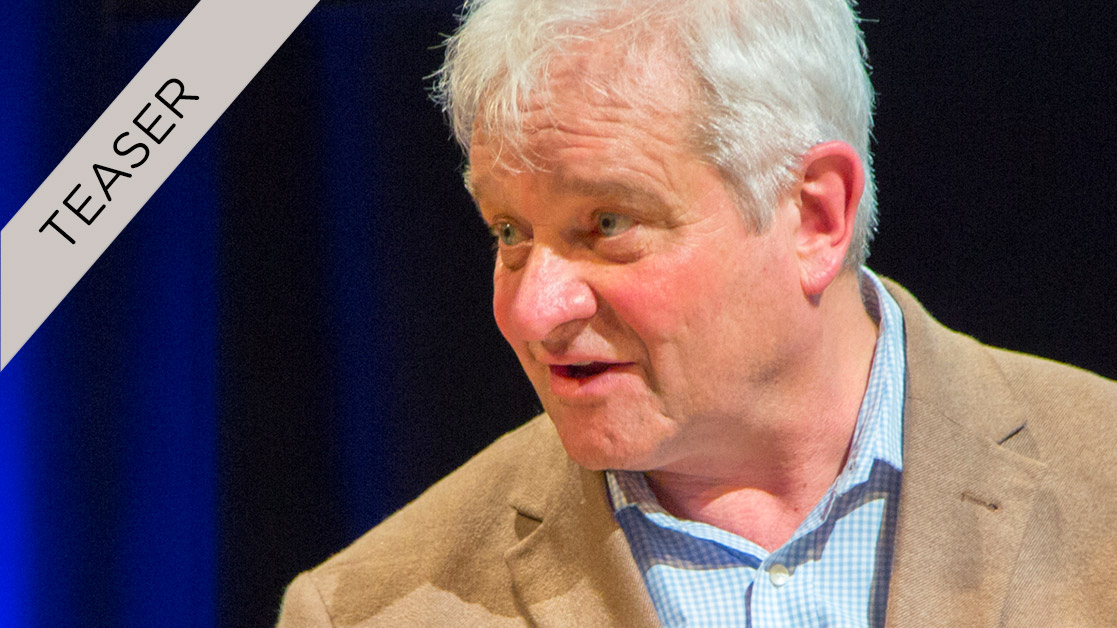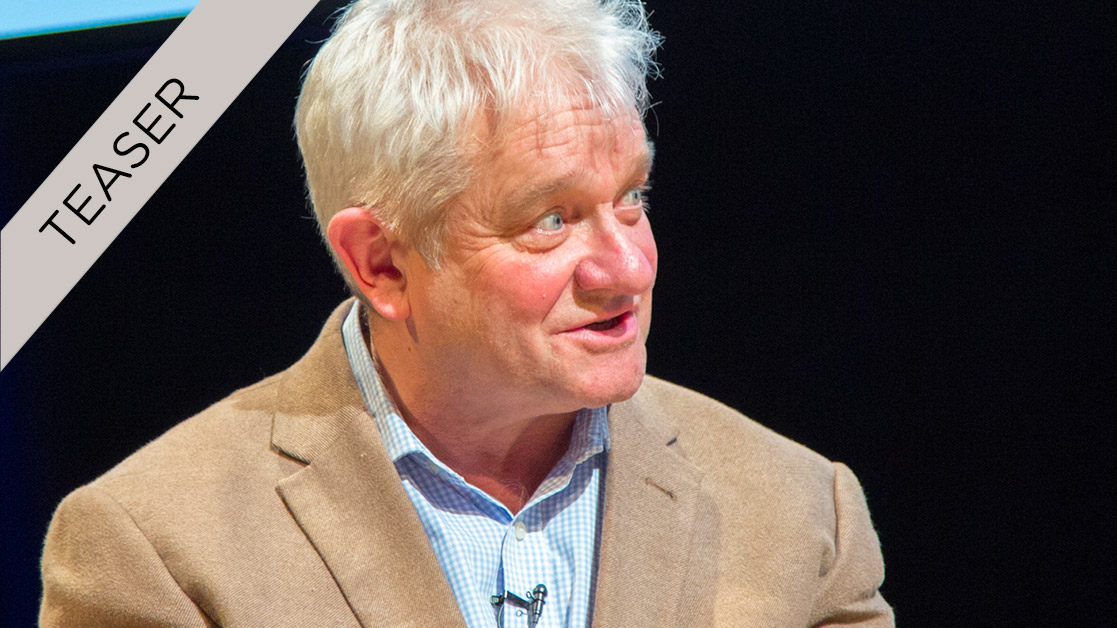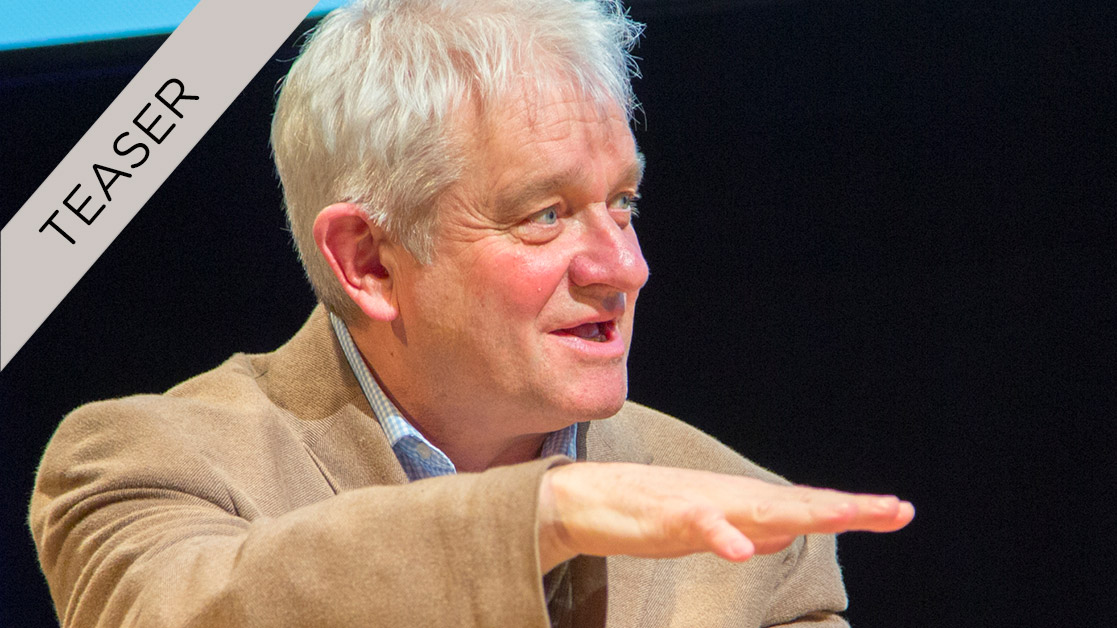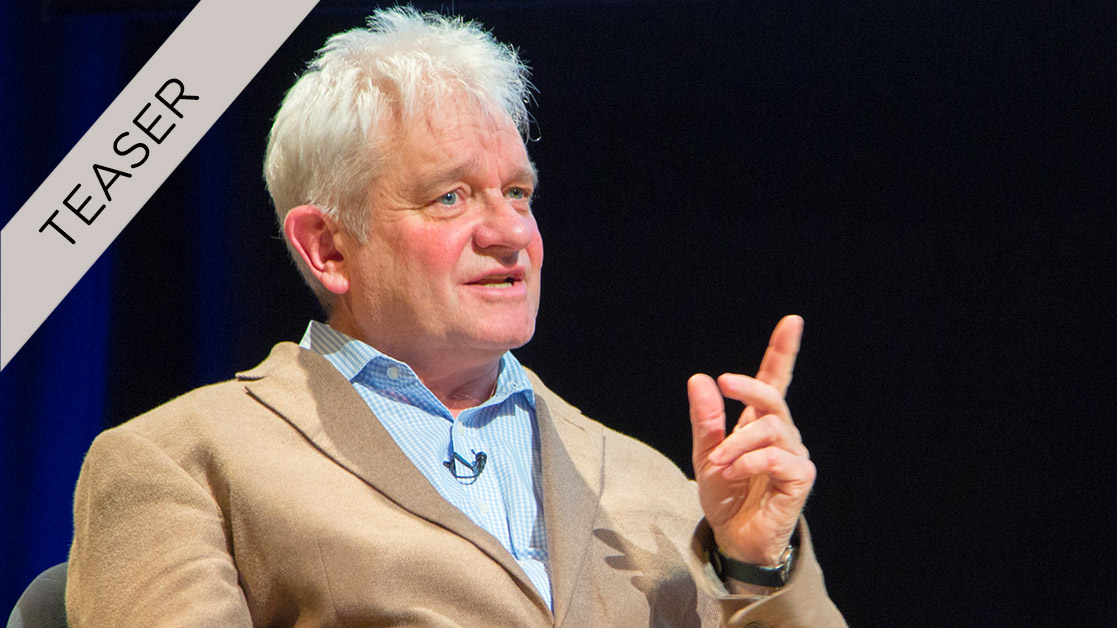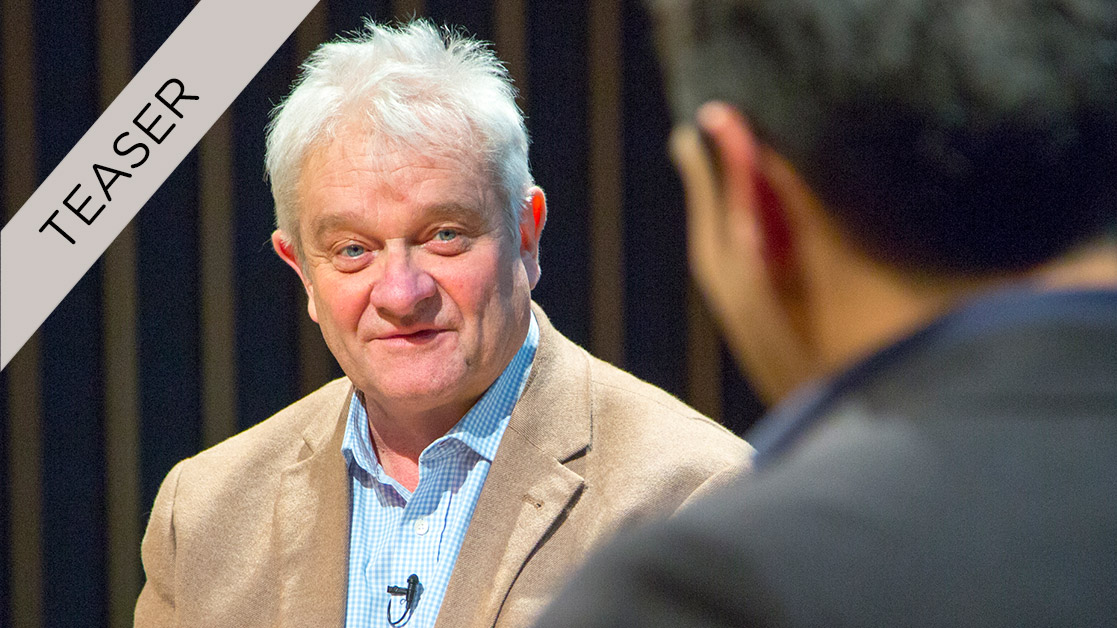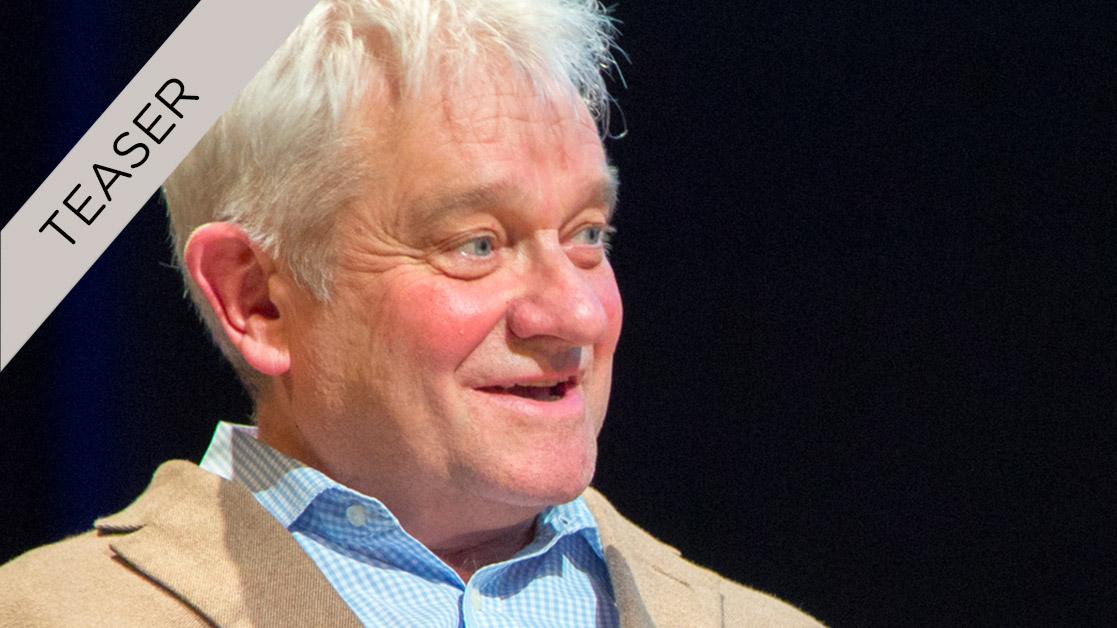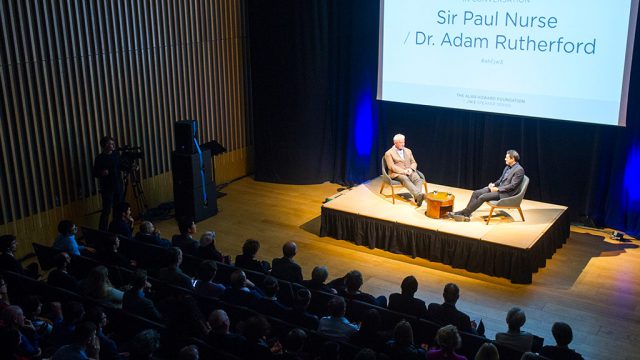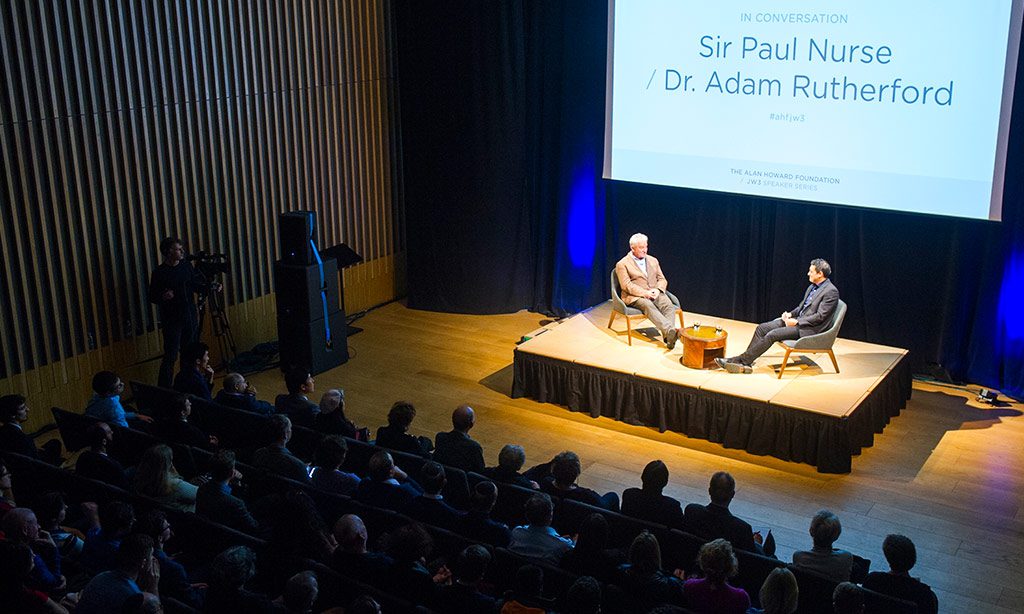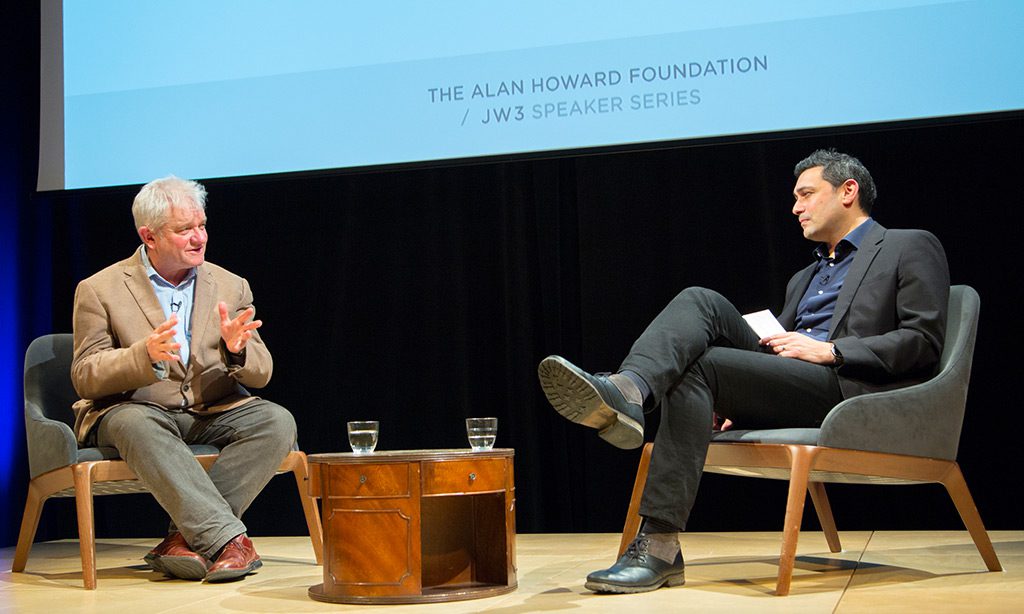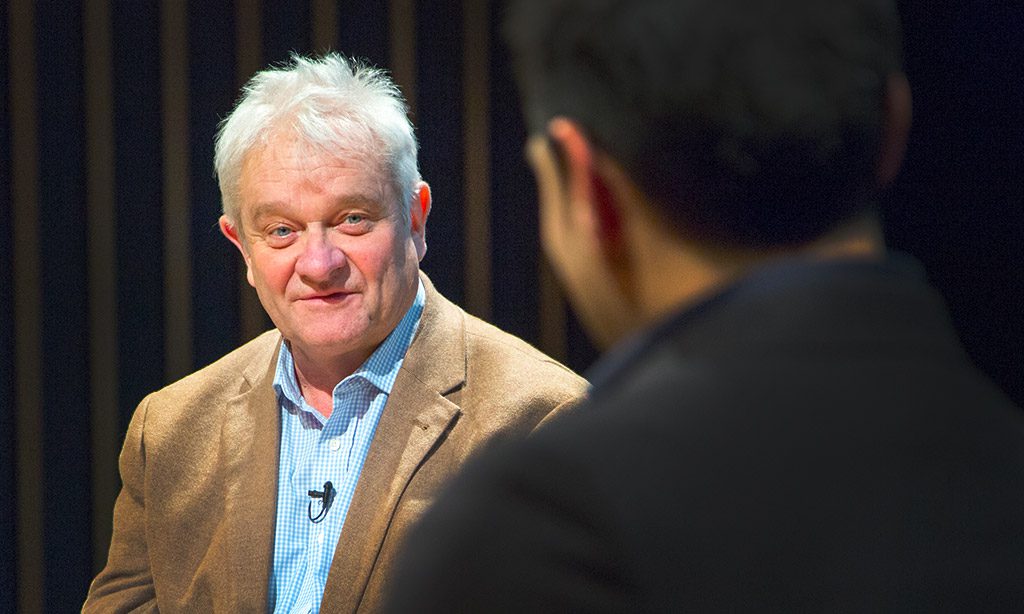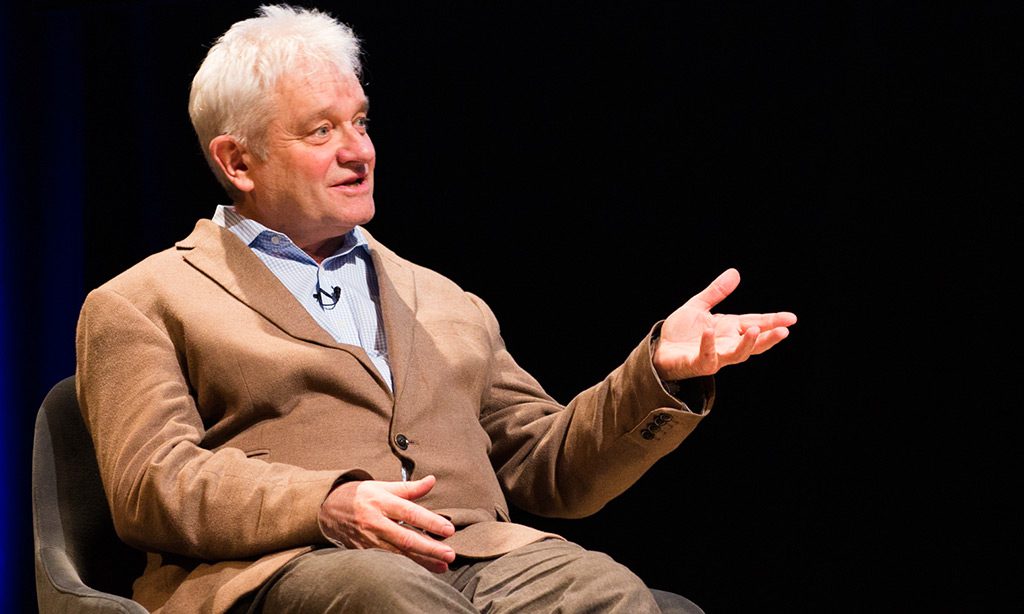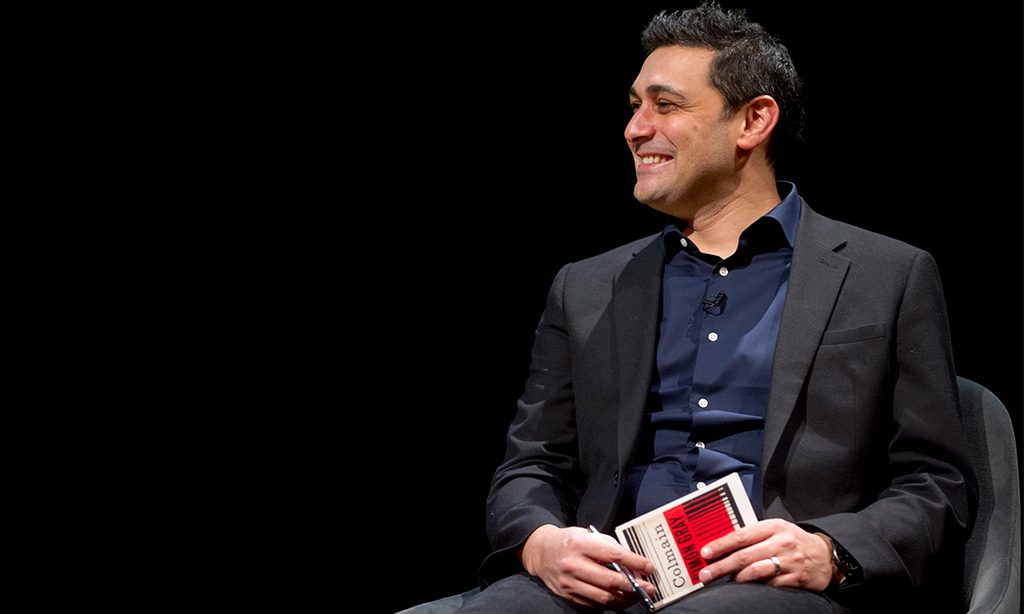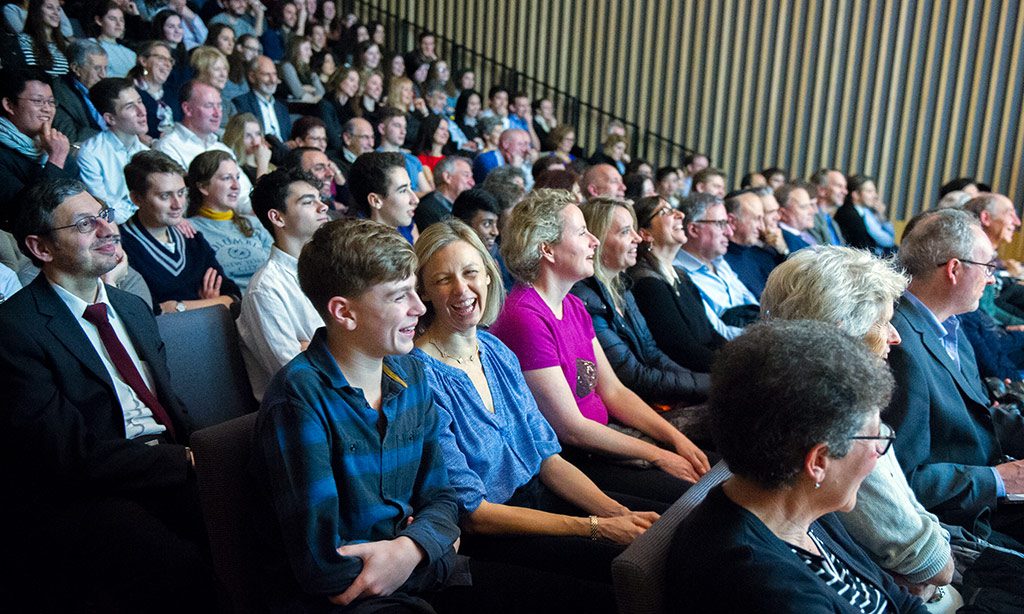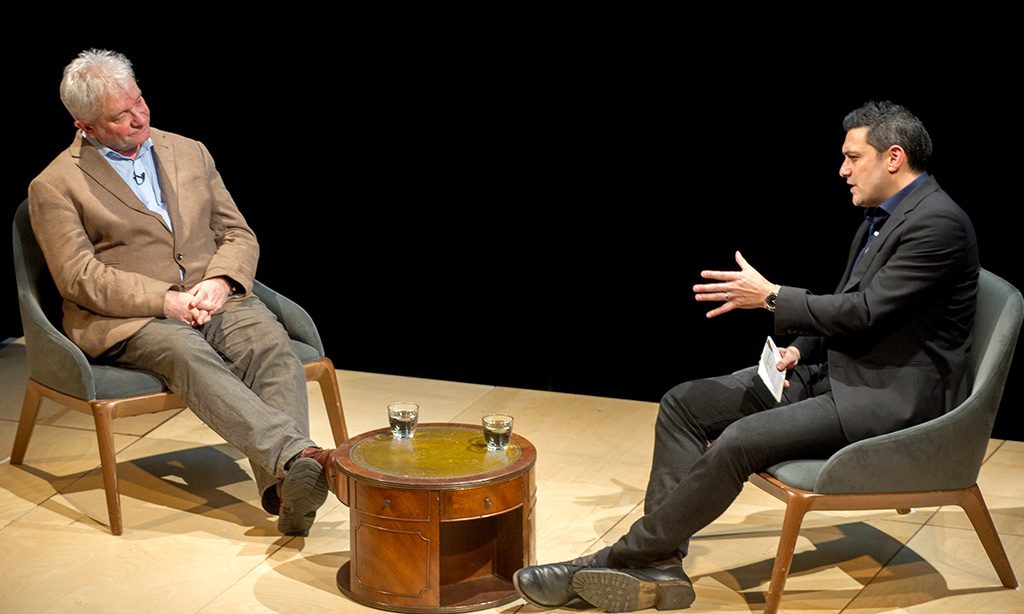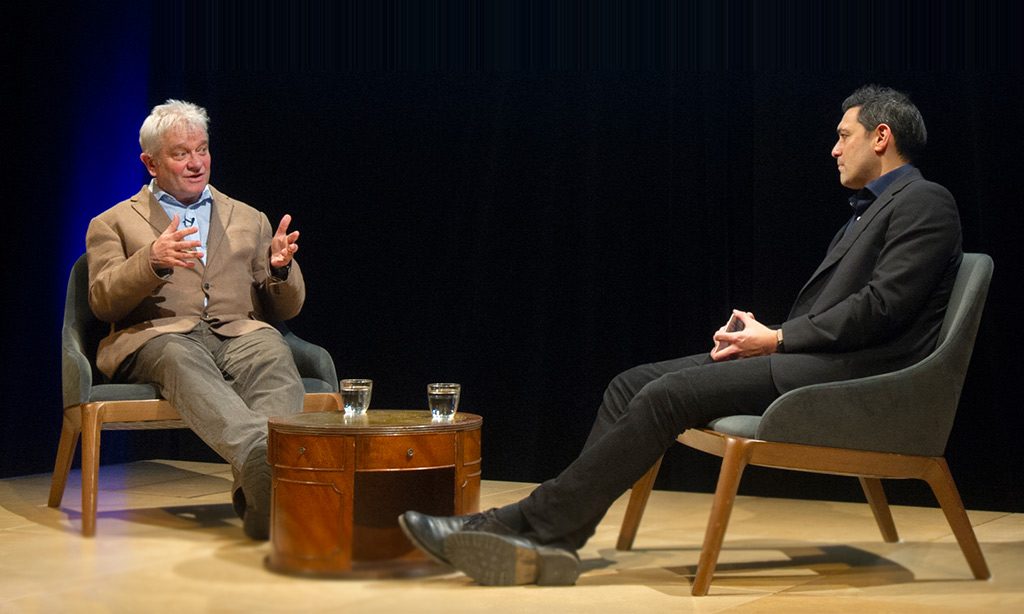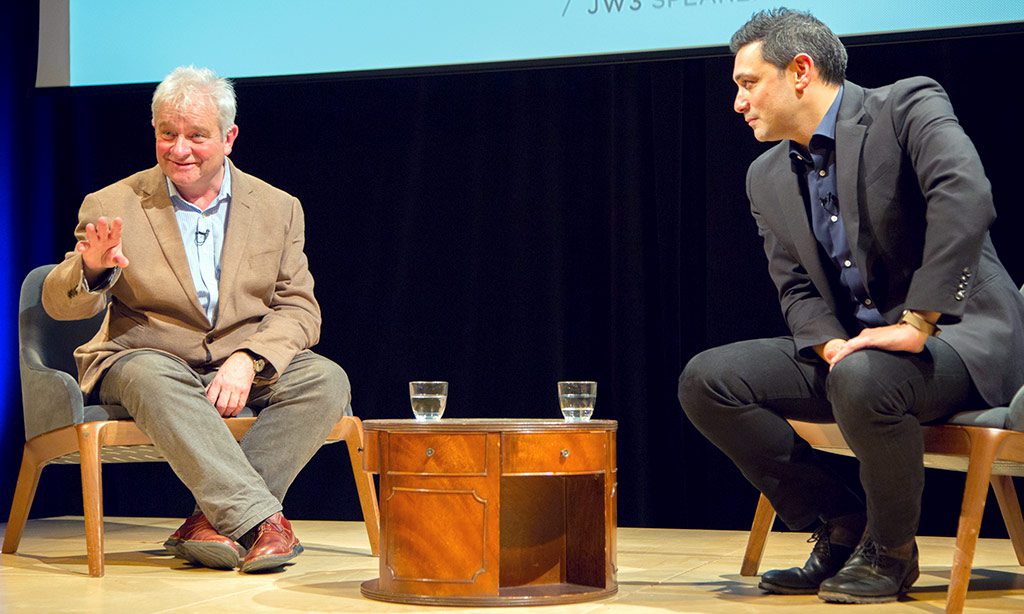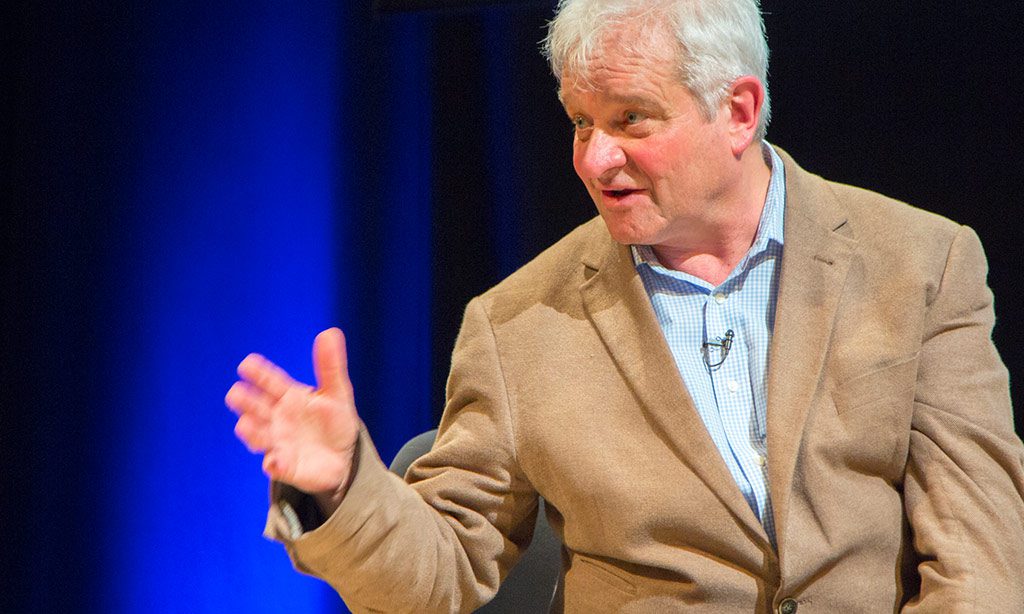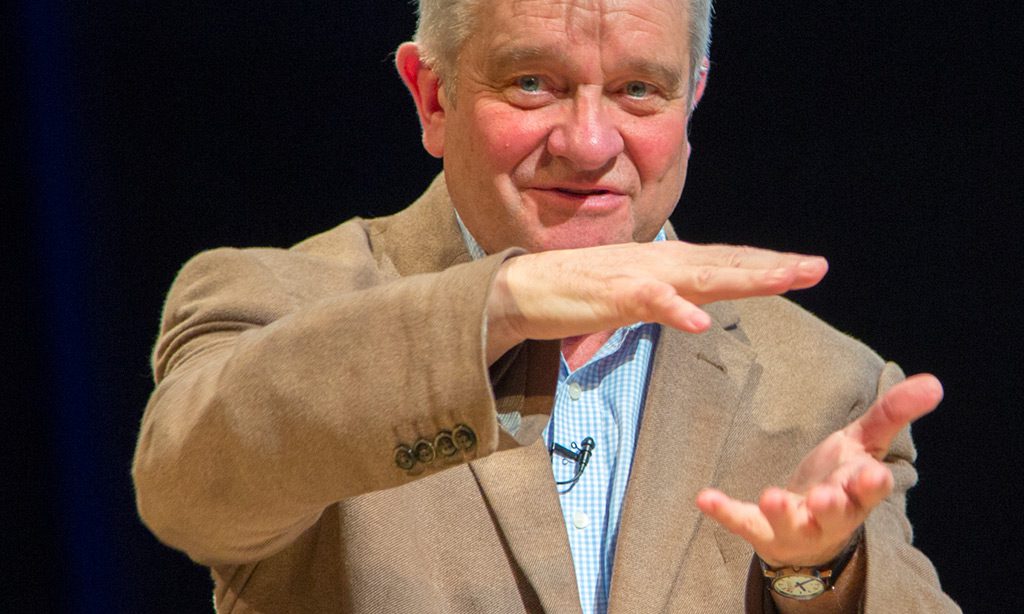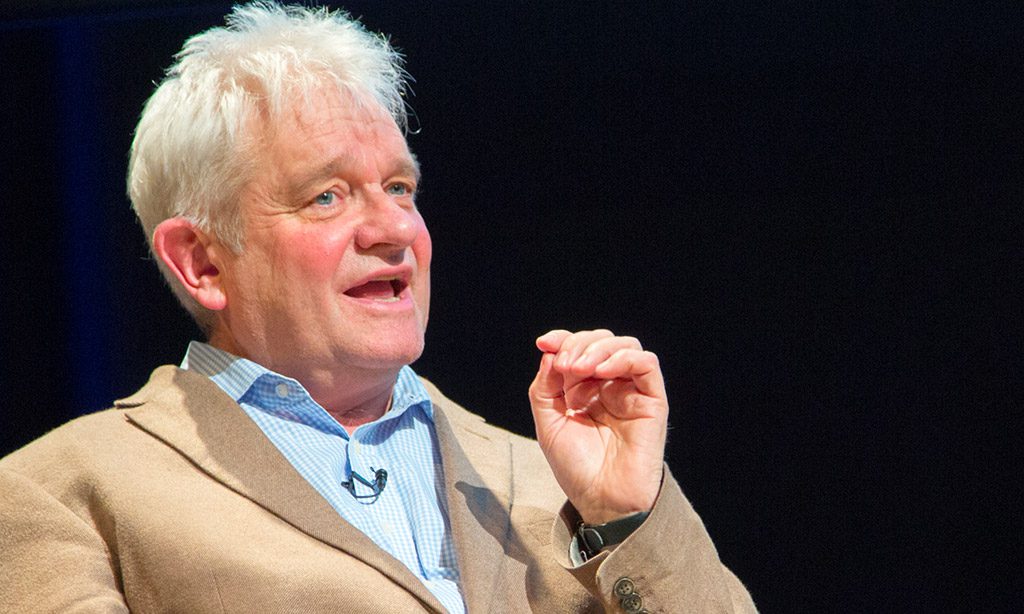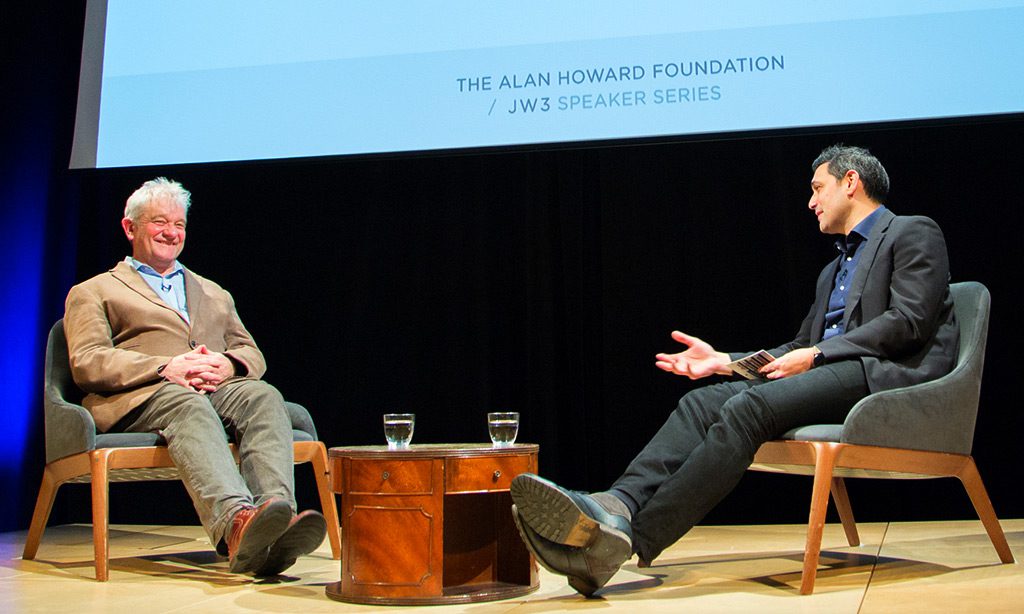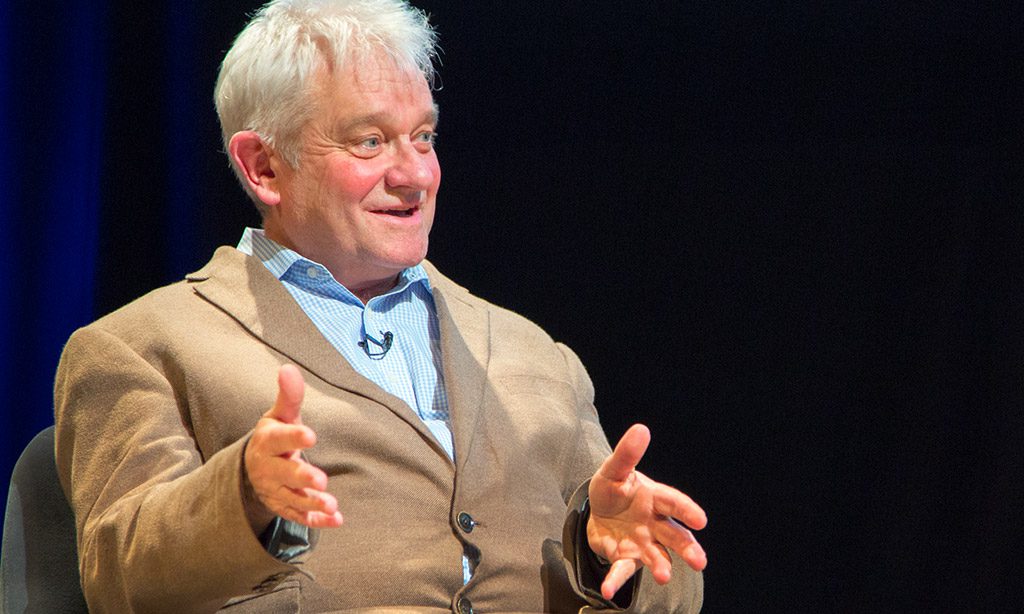Event Summary
With a referendum on Britain’s membership of the European Union in the offing, leading British scientist, Sir Paul Nurse, told a packed audience at JW3 cultural centre in London on 17th December 2015 that Britain ought to remain a member, because it was best for science. Along with the general public, the audience was comprised of a large number of students from Paddington Academy, City of London School, Jewish Community Secondary School and Imperial College London, who were given free tickets on behalf of Alan Howard / JW3 Speaker Series.
A Nobel Laureate for Physiology or Medicine, founding Director of The Francis Crick Institute and former President of the Royal Society, Sir Paul said the EU’s money, size and freedom of movement policy supported the work of Britain’s laboratories. In a wide-ranging discussion with broadcaster, writer and fellow geneticist, Dr. Adam Rutherford, the two scientists talked about government support for science and its status in Britain.
Having successfully pushed for increased government funding during the latest spending review, Sir Paul said:
“The UK does take science fairly seriously, certainly our political masters, they do listen to scientists.”
However, Britain’s laboratories received less funding than other G8 nations, and this needed to be improved, Sir Paul added. “This is a serious issue. We do very good science, but we’re just above dysfunctionality,” he warned.
“This is a serious issue. We do very good science, but we’re just above dysfunctionality.”
With 1700 scientists, the new, one million square foot Francis Crick Institute at St Pancras will “possibly” be the largest bio-medical research facility in the world and will be run on “slightly anarchic” lines, with no departments, said Sir Paul. The new building opens in 2016.
“My approach is rather than to direct top down and tell people what to do, is to give freedom to be truly creative,” Sir Paul explained.
During this third conversation in the second season of Alan Howard / JW3 Speaker Series, Sir Paul said science reporting by the media had improved. Referring to Brian Cox and Sir David Attenborough, he said,
“When we have a good science presenter we should nurture them, and there are some brilliant ones. The problem is some of my colleagues snipe at them at a bit, [because] they’re good looking, and they’re good on camera.”
“When we have a good science presenter we should nurture them, and there are some brilliant ones.”
